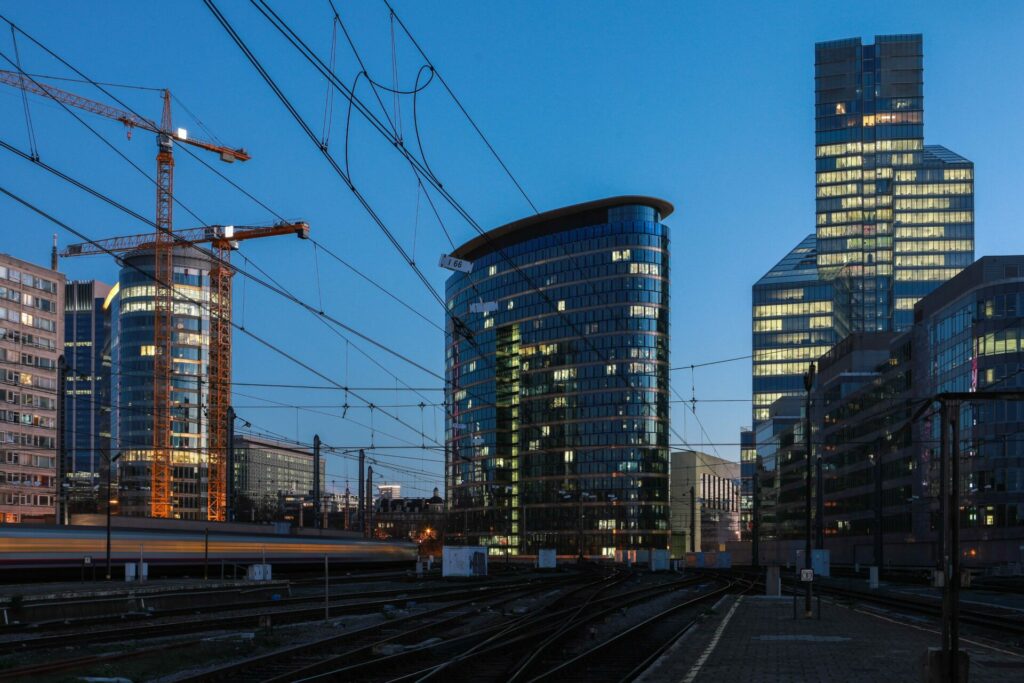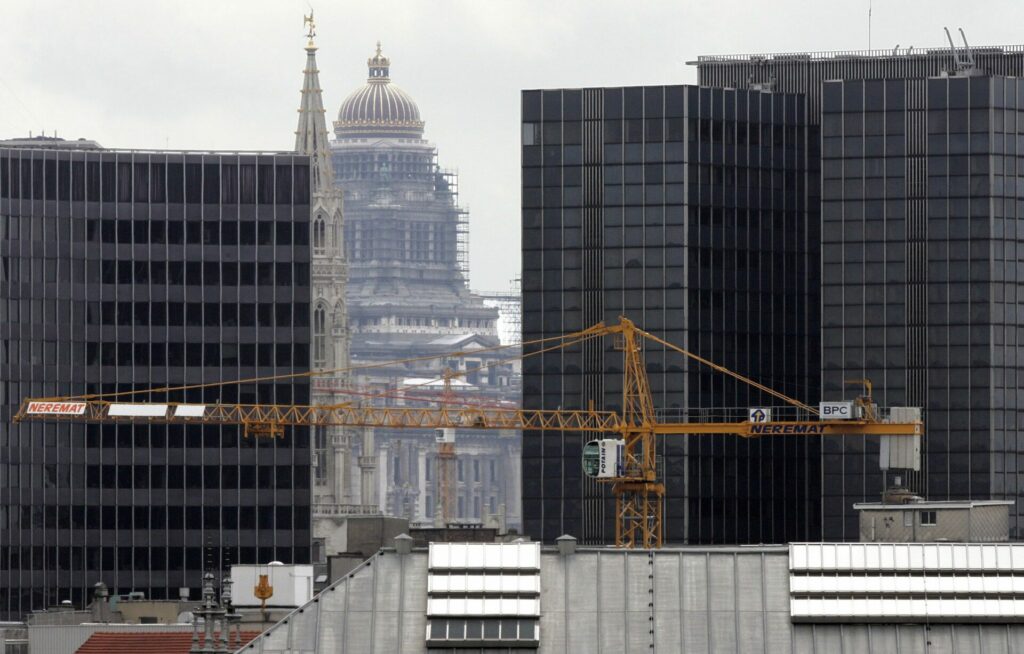Brussels is speeding up its energy transition away from fossil fuels by installing the first low-carbon heat grid in the Belgian capital's Northern Quarter.
The Brussels Region is aiming for a carbon-neutral Region by 2050, making this project – called Be.Share – fully in line with the regional decarbonisation strategy. Within the framework of the Air-Climate-Energy Plan and the joint vision developed in 2023-2024, the Region has identified heat networks as one of the solutions to phase out the use of fossil fuels.
"Freeing Brussels from its dependence on fossil fuels is essential to achieving our climate goals, ensuring healthier air quality and keeping Brussels residents' energy bills under control," said outgoing Brussels Minister for Environment and Energy Alain Maron (Ecolo).
"Be.Share is a first expression of our vision: pooling energy resources to accelerate a fair and efficient transition," he said. The project will receive co-financing of €5 million from the European Union.
Collective and adaptable solution
The low-carbon heat network in the North Quarter will operate at low temperature and use local renewable energy sources: geothermal energy (heat extraction from public spaces, particularly in Maximilian Park, which is currently being redeveloped) and sewer thermal energy (heat extraction from wastewater flowing into the sewers).
In the first phase, this network will power three office buildings and two residential buildings of the housing association Le Foyer Laekenois. But the ambition extends much further: by demonstrating the feasibility of this model, Be.Share aims to encourage other buildings, both public and private, to join – paving the way for shared energy infrastructures in other neighbourhoods of the Region.

Northern Quarter seen from Brussels North train station. Credit: Belga / Paul-Henri Verlooy
Today, heat networks represent less than 1% of the energy supply in Belgium, compared to 15% in France and 65% in Sweden. Be.Share wants to catch up by proving the effectiveness of a collective approach.
The project relies on governance involving public, private and civic actors: Bruxelles Environnement, Vivaqua, Sibelga, the company Karno, the VUB and the non-profit association Convivence. In addition, 331 low-income families will also be involved in the design of the project, ensuring an energy transition accessible to all.
The works will start at the end of 2024 and take roughly 1.5 years. In the long term, this model could be replicated in other Brussels neighbourhoods, especially those undergoing redevelopment, such as the European Quarter.

